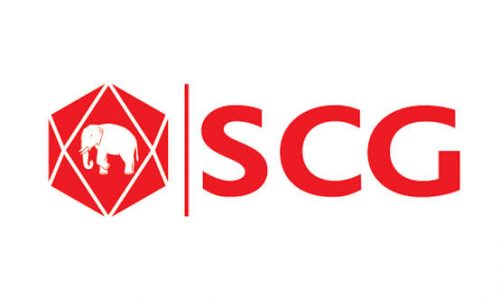The United States’ debt, which has reached its limit, has the potential to push the country into a recession. As the specter of defaulting on its debt haunts the US, the nation is facing difficulties in obtaining funding, given that it has already reached its debt ceiling of U$31.4 trillion.
Global economic ripples
The collapse of this superpower nation will shake the global economy. The impact of defaulting on its debt could result in a significant decrease in US imports from various countries.
In addition, investors holding US Treasuries, the government’s debt, will suffer losses. Multiple countries are likely to start abandoning the US dollar currency in unison and seek alternatives.
“No corner of the global economy will be spared” if the US government defaults and the crisis is not swiftly resolved, says Mark Zandi, Chief Economist at Moody’s Analytics.
Global trade decline and the risk of de-dollarization
A default on US debt will push the economy toward a recession. As US consumption levels plummet, imports will decrease, adversely affecting countries reliant on exporting to the US market.
This blow is exacerbated by the potential devaluation of the US dollar. A weakened US dollar will lead to reduced interest in imports due to the depreciation of the currency’s value.
Refinitiv explain, US Import Prices have been showing a decline in recent months. In April 2023, US imports recorded the lowest decline at -4.8%.
De-dollarization adds to the challenge
De-dollarization, the process of reducing reliance on the US dollar, poses an additional challenge. While not directly caused by the debt ceiling, de-dollarization may exacerbate the potential damage caused by the US economic crisis.
The US dollar is frequently used in international transactions, and many countries use it as a reference for maintaining the stability of their local currency.
Developing countries without a credible currency will be heavily impacted. The depreciation of the US dollar will result in losses for countries pegged to it.
Gradual departure from the US dollar
Global rivals of the United States, including China and Russia, have long suggested diversifying their currency reserves, such as using the Euro or Renminbi (Yuan).
Various countries, aside from Russia and China, are abandoning the use of the US dollar in their trade and investments, a phenomenon known as de-dollarization.
Countries like Brazil are starting to use their local currencies for transactions, aiming to reduce costs.
“The hope is that this will reduce costs, promote greater bilateral trade, and facilitate investment,” said the Brazilian Trade and Investment Promotion Agency (ApexBrasil).
Additionally, BRICS nations—Brazil, Russia, India, China, and South Africa—are preparing to create new payment instruments.
Meanwhile, Saudi Arabia, the largest oil exporter, opened its oil business to non-US dollar payments in January 2023.
Moreover, Indonesia is reducing its reliance on the US dollar as a currency for trade transactions and opting for its local currency.
“Businesses can leverage this cooperation to reduce transaction costs and exposure to exchange rate risks,” said Bank Indonesia.
Indonesia’s Response
On the other hand, the Ministry of Finance has not responded to the debt ceiling issue. According to them, it has not yet had a significant impact on the global financial markets, including Indonesia.
“So far, we haven’t seen any significant impact on the global financial markets, including spill-over effects on our government bond markets,” said Suminto, Director-General of Financing and Risk Management at the Ministry of Finance.
Suminto added that the government bond market in Indonesia remains robust and supportive, and no impact from the US debt ceiling has been observed thus far.









